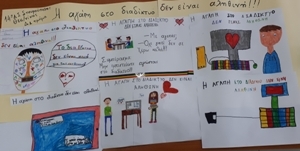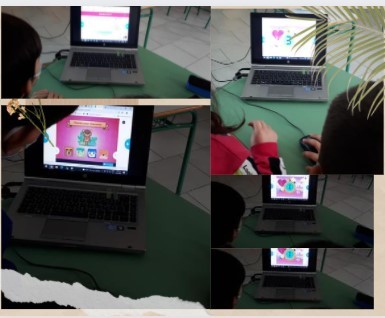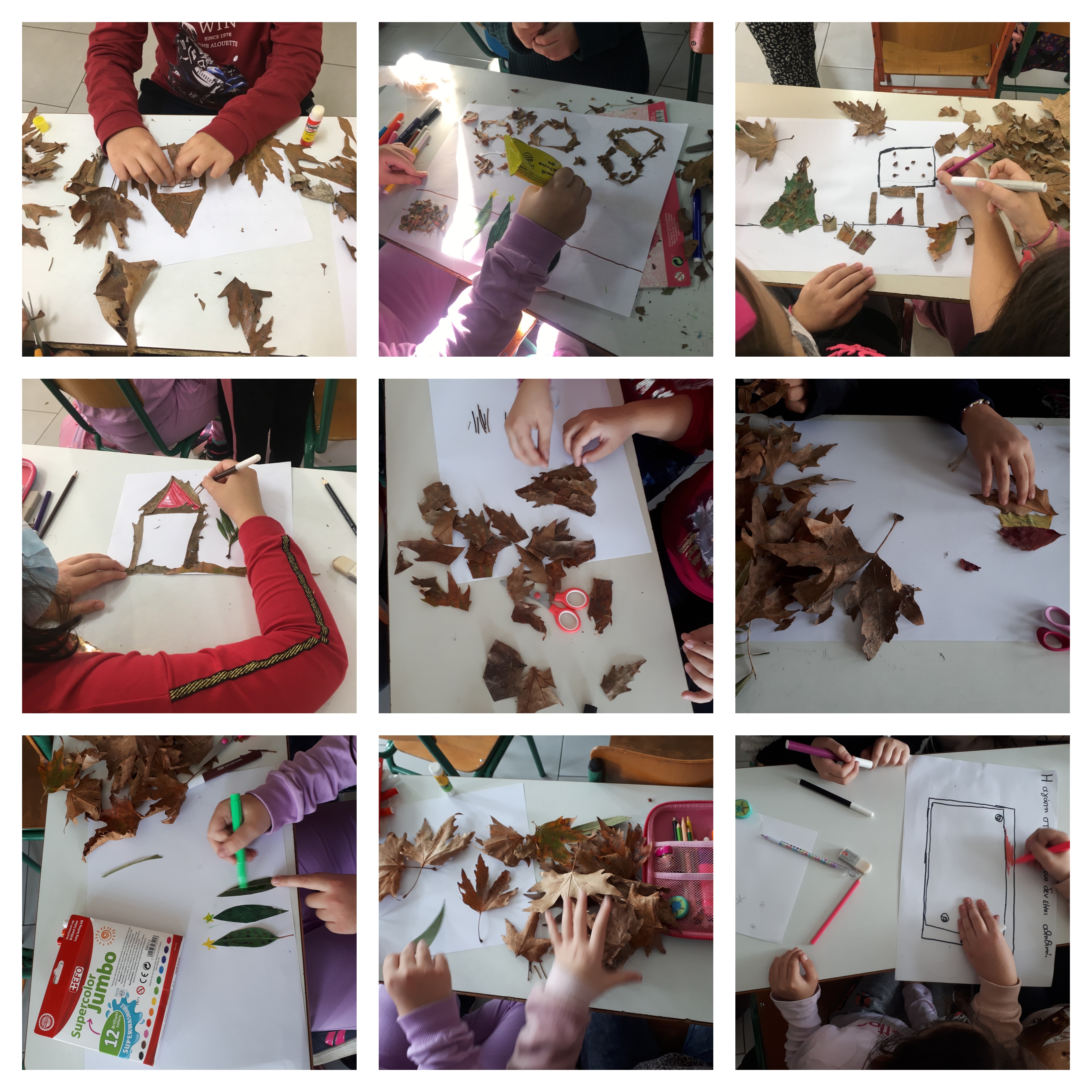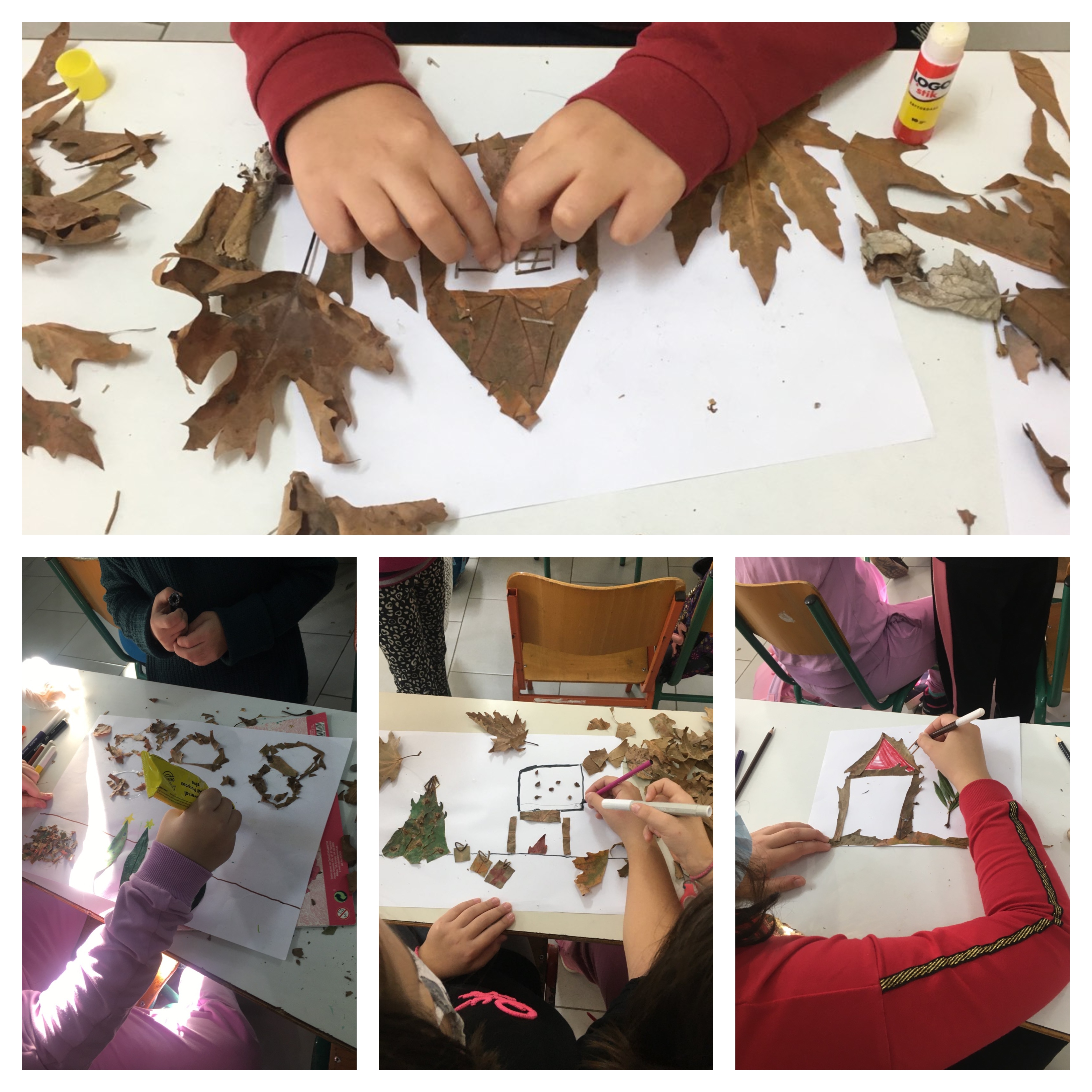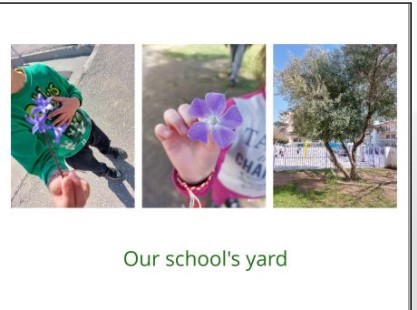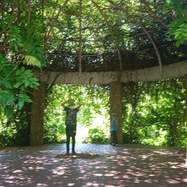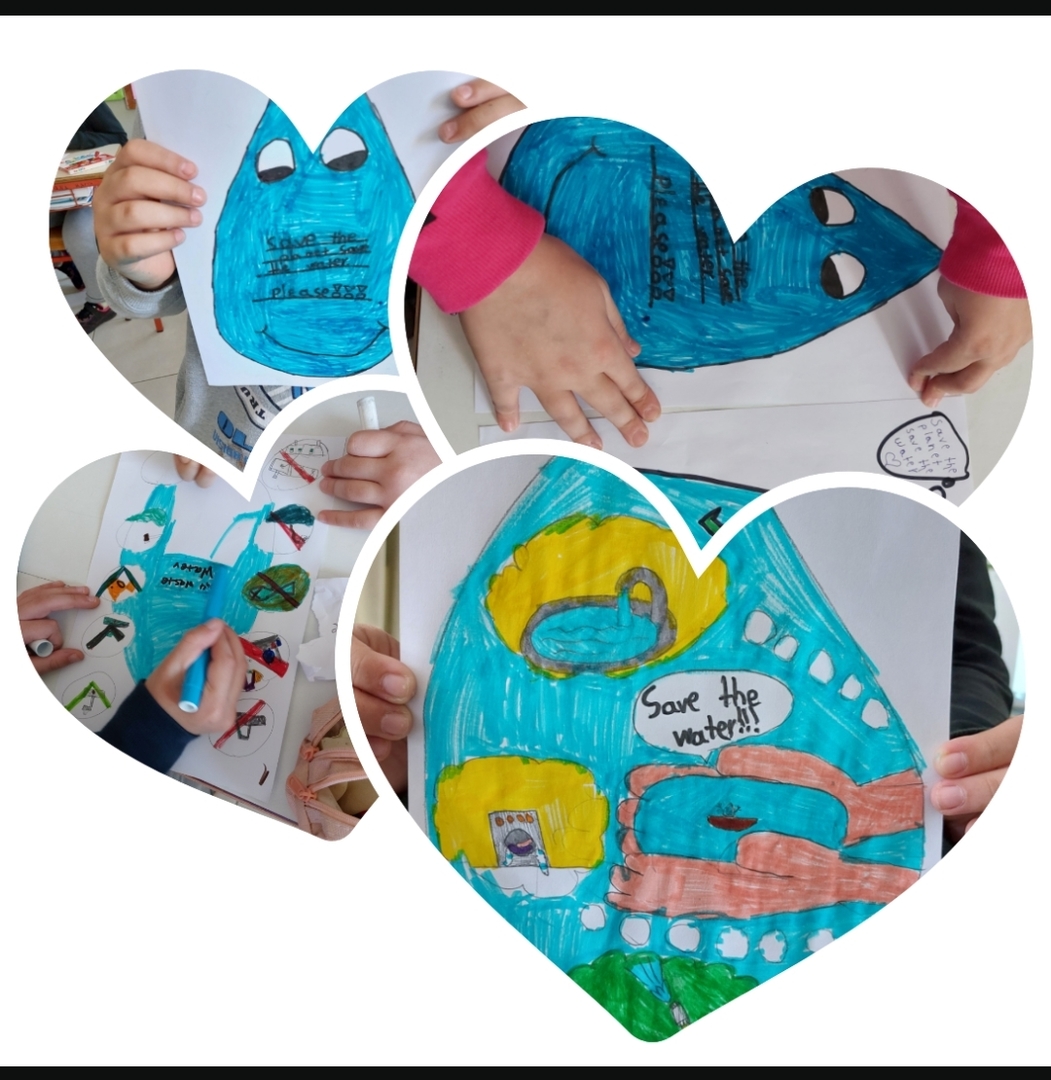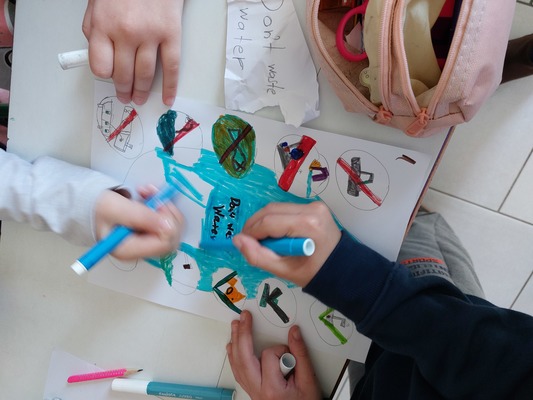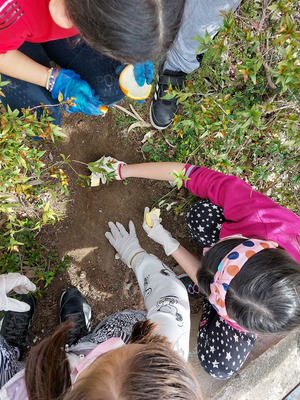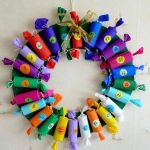Σε αυτό το ιστολόγιο θα βρείτε τις δράσεις που έγιναν στα πλαίσια του etwinning τη σχολική χρονιά 2018-19. Το έργο< emotions come , emotions go> έχει πάρει εθνικό βραβείο στη Μάλτα.
Το etwinning είναι η κοινότητα των σχολείων της Ευρώπης.Προσφέρει μια πλατφόρμα στο διαδίκτυο στην οποία ανεβαίνει το υλικό των σχολείων που συνεργάζονται, επικοινωνούν αναπτύσσουν σχέδια, μοιράζονται ιδέες πάνω στο θέμα με το οποίο ασχολούνται διαδικτυακά.Τα σχολεία που συνεργάζονται νιώθουν ότι αποτελούν μέρος μιας κοινότητας μάθησης στην Ευρώπη.
Τη χρονιά 2018-19 οι μαθητές της Α1΄ τάξης συμμετείχαν σε δυο εκπαιδευτικά ευρωπαϊκά προγράμματα etwinning, με τίτλους <Healthy mind into a healthy body> και <Emotions come emotions go. Στο πρώτο πρόγραμμα συμμετείχαν εκπαιδευτικοί από την Ελλάδα, Πολωνία, Ισπανία, Ιταλία, Κροατία.
Το πρώτο πρόγραμμα αναφέρεται στην διατροφή, την ψυχική και σωματική υγεία μέσα από ποικίλες δράσεις. Δάσκαλοι και μαθητές αντάλλαξαν απόψεις σχετικά με τη διατροφή και έμαθαν τα οφέλη του υγιεινού τρόπου ζωής.
Στο δεύτερο πρόγραμμα συμμετείχαν σχολεία από τη Μάλτα, Ιταλία και Ελλάδα. Αναφέρεται στα συναισθήματα. Δόθηκε η δυνατότητα στους μαθητές να έρθουν σε επαφή με θετικά και αρνητικά συναισθήματα, να μάθουν μέσα από το παιχνίδι αλλά και με άλλες δράσεις να τα αναγνωρίζουν και να τα διαχειρίζονται ως ένα βαθμό. Δημιούργησαν ένα συνεργατικό παραμύθι που το έγραψαν μαζί με τα παιδιά από τις άλλες χώρες και έπαιξαν παιχνίδια στον υπολογιστή.
Οι δραστηριότητες και οι εργασίες των μαθητών δημοσιεύτηκαν σε ειδικό χώρο στο διαδίκτυο, μέσα στον ευρύτερο ιστοχώρο του etwinning, του Twinspace και είναι απόλυτα ασφαλής αφού για να μπει και να δει κάποιος τις εργασίες πρέπει να έχει το δικό του κωδικό. Κωδικό αποκτούν μόνο οι εκπαιδευτικοί και οι μαθητές που συμμετέχουν στο πρόγραμμα αυτό. Έτσι μόνο οι μαθητές και οι εκπαιδευτικοί των σχολείων που συμμετέχουν, μπορούν να δουν τις εργασίες τους.
Σαν πρόγραμμα είναι πολύ ενδιαφέρον για τους μαθητές καθώς χρησιμοποίησαν την αγγλική γλώσσα σε πραγματικό περιβάλλον με πραγματικούς ακροατές, μέσα από ευχάριστες δραστηριότητες. Πληροφορίες για τα προγράμματα entwining μπορείτε να βρείτε στην ιστοσελίδα www.etwinning.net και etwinning.gr.
Τα αποτελέσματα των έργων βρίσκονται στον σύνδεσμο
Λήψη αρχείου
